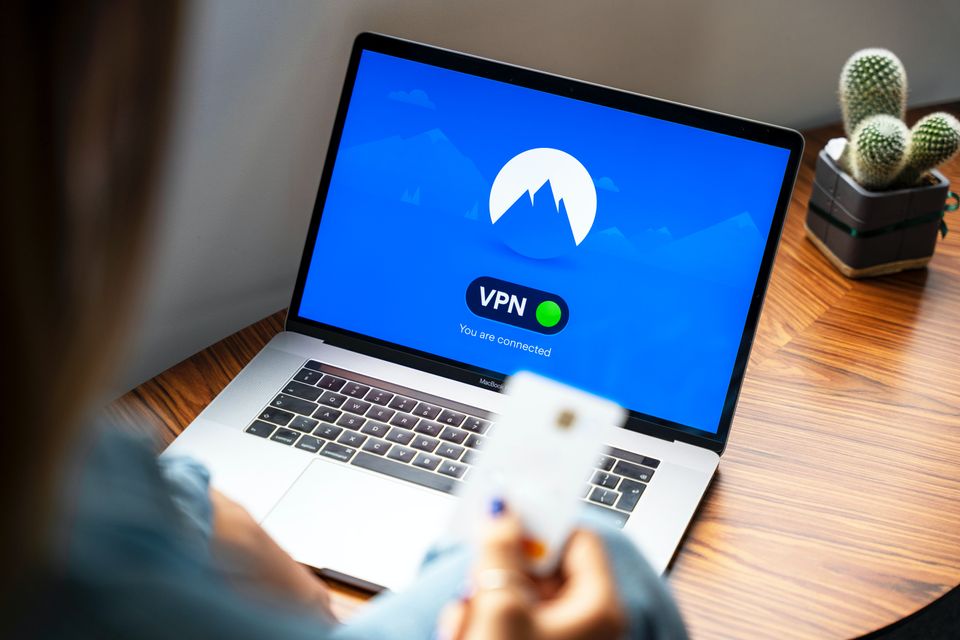Why you should be using a vpn from a cybersecurity expert

There are many reasons why we should be using a VPN while browsing and surfing the web. We have tried to outlay a couple of reasons for you guys to get yourself one and why you should be using one.
- Privacy and Anonymity: A VPN masks your IP address, making it difficult for websites, advertisers, and even your Internet Service Provider (ISP) to track your online activities. This helps maintain your privacy and makes it harder for third parties to create a profile of your online behavior.
- Security on Public Networks: When you connect to public Wi-Fi networks, like those in coffee shops, airports, or hotels, your data could be intercepted by malicious actors. A VPN encrypts your internet traffic, ensuring that your sensitive information (such as passwords, credit card numbers, etc.) remains secure even on unsecured networks.
- Bypassing Geo-restrictions: Some websites and online services are restricted to specific geographic locations. With a VPN, you can change your virtual location and access content that might otherwise be unavailable in your region. This is particularly useful for streaming services, websites, or apps that are regionally blocked.
- Secure Remote Access: VPNs are commonly used by businesses and remote workers to establish secure connections to their office networks. This allows employees to access company resources, files, and applications remotely while maintaining a high level of security.
- Protection against Censorship: In some countries, access to certain websites and online services is restricted or censored. A VPN can help you bypass these restrictions and access the open internet without limitations.
- Avoid Bandwidth Throttling: Some ISPs intentionally slow down your internet connection when you use certain online services or applications (like streaming). By using a VPN, your ISP won't be able to easily identify the type of traffic you're using, potentially helping you avoid such throttling.
- Enhanced Online Security: VPNs provide an additional layer of security by encrypting your internet traffic. This can help protect your data from various cyber threats, including hacking attempts, man-in-the-middle attacks, and data interception.
- Online Banking and Transactions: When performing online banking or other sensitive transactions, using a VPN can add an extra layer of security to protect your financial information from potential hackers.
- Reduced Online Tracking: Advertisers and websites often track your online activities to create targeted ads and gather data about your browsing habits. A VPN can help reduce this tracking by masking your true IP address.
The best VPN's around right now!
- EXPRESS VPN: Known for its robust security features, NordVPN also offers a Chrome extension. It has a large server network and supports features like double VPN and Onion over VPN.
- Surfshark: Surfshark is known for its affordability and allows unlimited simultaneous connections. Its Chrome extension offers a range of features, including ad blocking and malware protection.: Surfshark is known for its affordability and allows unlimited simultaneous connections. Its Chrome extension offers a range of features, including ad blocking and malware protection.
- Hotspot Shield: Hotspot Shield's Chrome extension provides fast browsing speeds and strong security. It offers both free and premium versions, but the free version has limitations.
- TunnelBear: TunnelBear's Chrome extension offers a user-friendly interface with a limited free version and a paid version for extended usage. It has servers in various countries and supports secure browsing.
It's important to note that while VPNs offer numerous benefits, they are not a one-size-fits-all solution, and their effectiveness can depend on various factors. When choosing a VPN, consider factors such as the provider's privacy policy, server locations, connection speed, and reputation within the cybersecurity community.
Additionally, keep in mind that while a VPN can enhance your online security and privacy, it's not a replacement for other security practices such as using strong and unique passwords, keeping your software up to date, and being cautious about clicking on suspicious links or downloading files.
